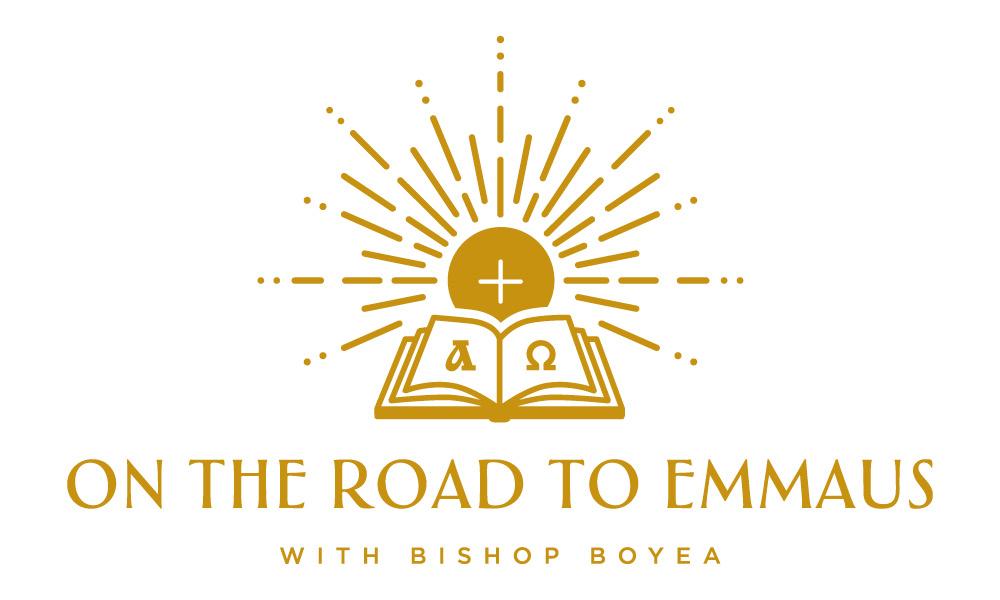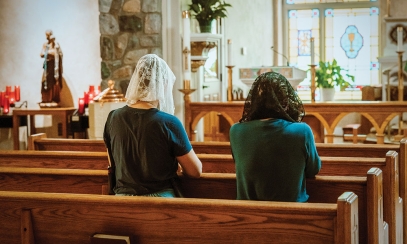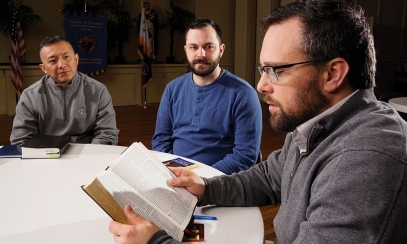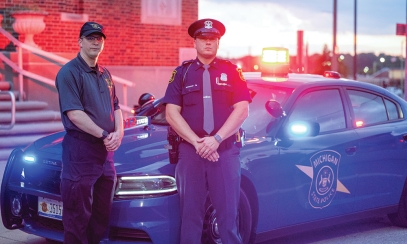
Dear Friend, I Invite You to Join Me on a Pilgrimage
Our route will be the 7-mile road towards Emmaus in the northwest of Jerusalem in Palestine. Despite the relatively short distance, it will take us 52 weeks to make our journey. Our guide will be Jesus himself. And our goal? An ever deeper, joyful and fulfilling relationship with Christ in both the Scriptures and the holy Eucharist, especially as we encounter him within the holy Mass. Want to know more? Read on.
Our route will be the 7-mile road towards Emmaus in the northwest of Jerusalem in Palestine. Despite the relatively short distance, it will take us 52 weeks to make our journey. Our guide will be Jesus himself. And our goal? An ever deeper, joyful and fulfilling relationship with Christ in both the Scriptures and the holy Eucharist, especially as we encounter him within the holy Mass. Want to know more? Read on.
The beautiful story of the two distraught disciples walking away from Jerusalem towards the village of Emmaus (Lk 24:13-35) is one of my favorite passages in sacred Scripture. It always has been. We are told the pair were “looking downcast” even as Jesus himself drew near and walked with them.
“Are you the only visitor to Jerusalem who does not know of the things that have taken place there in these days?” said one of them, named Cleopas, adding, “But we were hoping that he would be the one to redeem Israel.”
Does that tone of despair sound familiar? How often does our hope, our faith, our love for Christ also become diminished by life’s disappointments? It could be the sickness and death of a loved one; ugliness of contemporary culture; the loneliness of modern life; the failings of our political class; the divisions besetting our family; the scandals within our Church — we all have our own litany of lamentations that often concludes in the wearied sigh: “Where is Jesus in all of this?”
It is the story of the road to Emmaus that gives us our answer: Jesus is present through all of this. Christ did not wish to escape our human condition — with all its sadness and pain and death — but to redeem it by entering into it. In fact, it is Jesus’ full embrace of our human condition which unites us not only with all other humans but now also with the Son of God.
His embrace of that horrible death, that cross, was a real scandal for his followers. Yet, Jesus explains all this to Cleopas and his companion: “Was it not necessary that the Messiah should suffer these things and enter into his glory?” (Lk 24:26) Hence my invitation.
Starting on the solemnity of Corpus Christi, we, too, will set off on the road to Emmaus. We, too, will walk with Jesus. We, too, will grow in knowledge and, thus, love for Christ in both sacred Scripture and the Eucharist as found within the context of the holy Mass. Week by week, I’ll directly deliver and then develop the teaching of the Church regarding the Mass. I’ll also issue you a challenge aimed at putting our pious theory into daily practice. It’s all part of the National Eucharistic Revival and our local Diocese of Lansing Year of the Eucharist.
Do you want to sign up? All you have to do is pick up your cell phone and text the letters RTE — that stands for Road to Emmaus — to 84576. Alterna-tively, if you would rather receive an email, you can sign up at roadtoem-maus@dioceseoflansing.org. Every seven days, I will send you my weekly teaching and challenge. Thank you. God bless you.
Yours in Christ,
+ Earl Boyea
Bishop of Lansing



